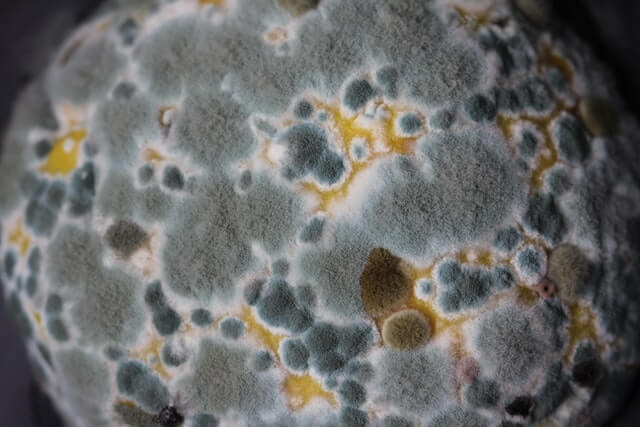Is it safe to stay in a house with mold? While it might seem like mold is not a big deal, when it comes to your health, you shouldn’t write it off completely.
Aside from the damage it can cause to your home; mold is also often hazardous if you are exposed to it for prolonged periods. In Florida, because of the high humidity levels and frequent hurricanes, mold is a common household problem, so most homeowners will have to deal with it at one point or another.
If you are worried about the health effects of mold in your home, here are a few things to know.
Is it safe to stay in a house with mold?
Mold can cause reactions that range from mild to severe. Those who are more susceptible to the negative effects of mold exposure—such as people with respiratory conditions like asthma, mold allergies, and suppressed immune symptoms—are more likely to become seriously ill. Exposure over a few days may not be harmful, but staying in a home with active mold growth can cause symptoms.
So, is it safe to stay in a house with mold? For many people, the answer is no. In general, the longer you are exposed to mold, the worse the health effects are. If you have been living in a home with mold damage, you could experience these symptoms and conditions.
How Mold Exposure Can Affect Your Health
According to the Centers for Disease Control and Prevention (CDC), people who are sensitive to mold may experience:
- Stuffy nose
- Wheezing
- Red, itchy eyes
- Skin irritation
- Asthma attacks
The CDC also cites research on mold exposure and child development. In these studies, researchers found a potential link between early mold exposure and the development of asthma, especially in children who are genetically predisposed to the condition.
What should I do if there is mold in my home?
Now that you know that it can be unsafe to stay in a home with mold, you need to take action. Due to the potential adverse health effects that exposure to mold can cause, especially if you have young children, you need to remedy this problem as quickly as possible. The longer you allow mold to grow, the worse the problem is going to get.
If you want to prevent mold from growing in your home, you can try using these tips:
- Reduce humidity levels in your home to 30-50% with an air conditioner or dehumidifier.
- Fix sources of open water, such as a leaky roof, broken pipes, or cracked foundation.
- Add or improve ventilation where moisture is most prevalent, such as in the bathroom and kitchen.
You may already have mold in your home. To get rid of it, you will need to take a few critical steps:
- Replace any materials that show signs of mold growth. For instance, mold may grow on carpets, drywall, insulation, ceiling tiles, and other porous surfaces.
- Ventilate and dry areas that experience flooding.
- Thoroughly scrub surfaces such as tile, wood, and concrete with water and soap, and dry them completely after you are finished. You may also create a bleach (8 oz) and water (1 gallon) solution for problem areas.
If the mold is not going away, you may need to hire a professional mold remediation specialist.
Having trouble getting your mold damage covered by insurance?
Is it safe to stay in a house with mold? Mold can cause reactions that range from mild to severe, and it can be expensive, which is why it is so important to have adequate insurance coverage.
Is the insurance company being difficult with your claim? We can help. Contact us today to set up a consultation.

